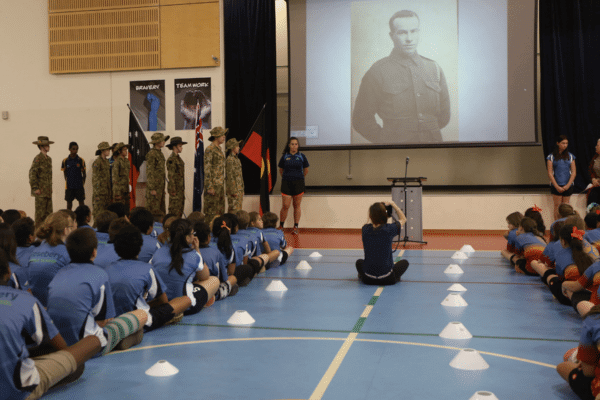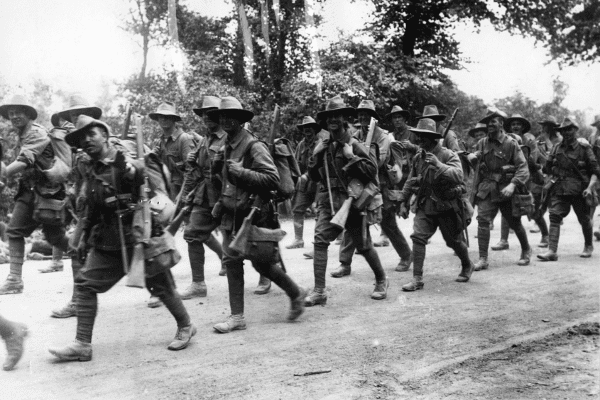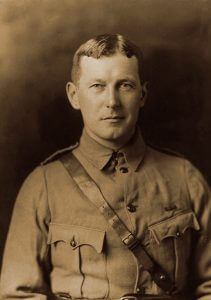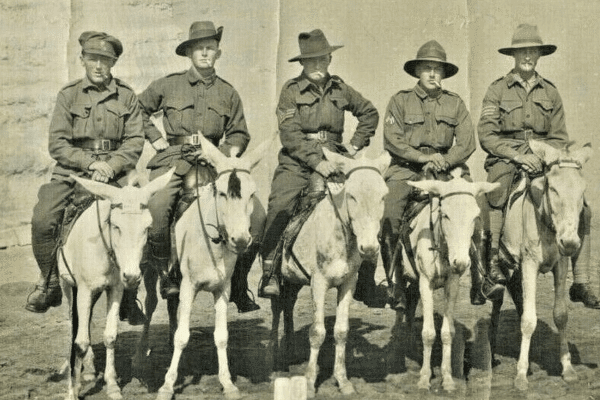(ANZAC Day 2025)
Growing up, there were times where I even forgot it was Anzac Day until I stepped into school and the teacher announced it was time for the annual assembly. The excitement of being able to skip a portion of school quickly gave way to boredom. My friend and I would secretly play chopsticks, we pinched each other if we noticed the other nodding off, and we tried to avoid the glares of teachers if we started giggling loudly for whatever reason.
The only profound thought that I had on the day (if I can even call it that), was how I was supposed to, during the moment of silence, remember something I couldn’t relate to. The images that went through my head were my own childish conceptions of war. Of course, I knew all the key dates in history, I knew the banal fact that war was evil, I knew that many of the soldiers were really children who were placed in terrifying circumstances.
But as an Indian-Australian, who had no ancestors in Australia, I felt a deep sense of disconnect from Australian history and felt that I could not truly participate in commemorating the fallen.

Eventually, something did make a dent in my eleven-year-old brain. Hearing a fellow classmate recite the Remembrance Day poem “In Flanders Field,” made me look up and pay attention. Particularly the line, “In Flanders fields the poppies blow / Between the crosses / row on row.” I couldn’t understand the whole poem, but the image of life growing amidst a cemetery stayed with me. (ANZAC Day 2025)
But as time went by, the impact of that line faded. During my teen years, boredom gave way to cynicism and I saw Anzac Day as merely pageantry, where we were remembering a constructed legend as opposed to actual history. After all, surely the Turkish don’t have the same views on the Anzacs?
My thoughts shifted during a visit to India. I noticed a few medals in my grandparents’ home, lined in a glass case, accumulating dust. I had known that my grandpa had been in the military, but seeing his medals made the past come to life somehow. He was always one to shrug off questions and never gave so much of a glance to his accolades. I knew him as the grandpa who worked on his farm early in the morning and liked to tend to his garden. Not as a soldier.

Eventually, he opened up. The little he told me was enough to give me insight into the fear felt by soldiers on the frontline. He spoke of the deserters of the war, of which there were many, with no judgement. He would say, in a matter of fact way, that of course they would want to run away. Wouldn’t any sane person fear death more than they feared any form of retribution from the higher-ups?
My grandpa’s story gave me insight into the extent of the horrors faced by the Anzacs. We are commemorating people, placed in impossible circumstances, who are utterly deprived of their agency.

During later Anzac Day ceremonies, when I closed my eyes for the minute of silence, the first thing that came to me were images of children, covered in the dirt of the trenches, who were shocked at the terror before them and felt that they had no escape. It’s a tragedy that unfortunately continues to exist today in places like Ukraine and Palestine.
I can never fully understand the horrors they faced, and maybe only the soldiers truly know. Moreover, the thoughts I had as a teen are also still valid. But I’ve learned that it is possible to refuse to accept the Anzac legend in its entirety and to also empathise with the soldiers who fought. (ANZAC DAY 2025)
When I recently read the poem, “In Flanders Field,” again, I learned that it was written by Lieutenant-Colonel John McCrae, who I discovered was a casualty of the First World War. Reading the poem, it was almost as though he was speaking from the grave. The line that now sticks with me is, “We are the Dead. Short days ago / We lived, felt dawn, saw sunset glow.” If there’s any line that can truly convey the tragedy of war, it’s this. This Anzac Day, I am not merely remembering some generic idea of the war, I am remembering the people who looked forward to the next day but were deprived of the chance to see it.
READ MORE: About ANZAC Day : The diggers in the trenches – Indian Link





